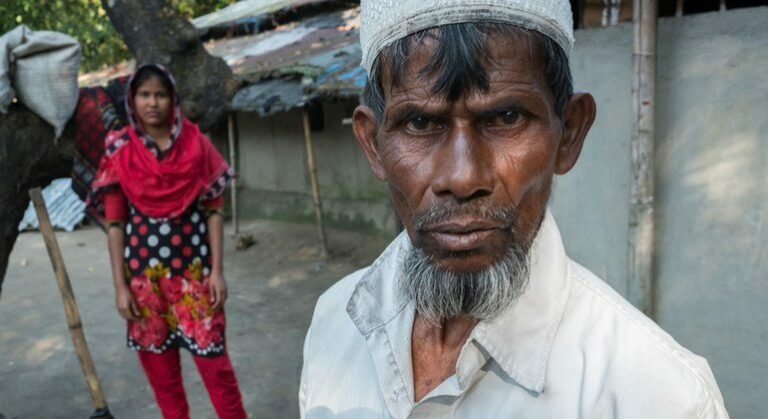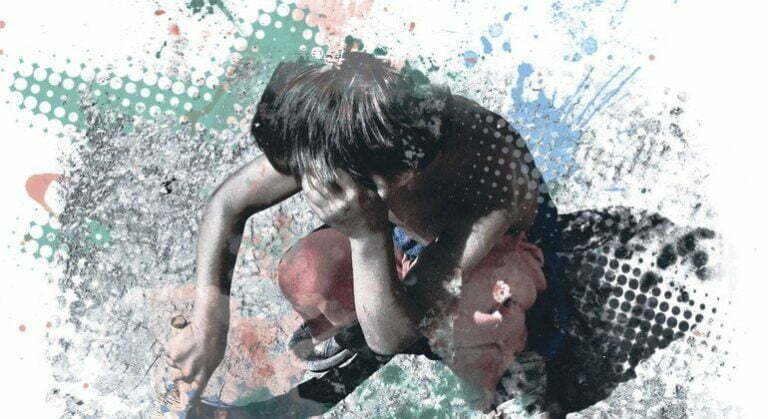Report reveals linkages between human trafficking and forced marriage
The agency has published a report which documents the interlinkages between trafficking in persons and marriage, and provides steps for governments and other authorities to strike back.


